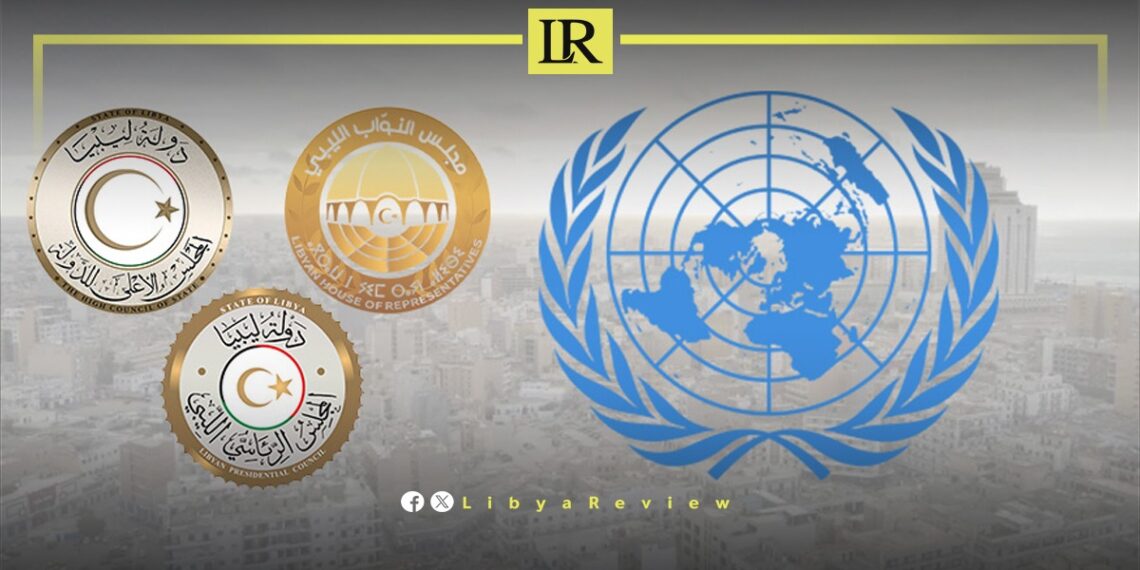In a bid to resolve the escalating crisis over the leadership of Libya’s Central Bank, key political figures from across the country gathered in Tripoli on Monday for a critical meeting mediated by the United Nations.
The discussions, bringing together representatives from the House of Representatives, the Presidential Council, and the High Council of State, aim to break the deadlock that has paralyzed the Central Bank and deepened the country’s political divisions. Stephanie Khoury, the acting UN envoy to Libya, is overseeing these high-stakes negotiations, which are seen as crucial for Libya’s economic stability and political future.
The crisis began when the Presidential Council appointed a new governor and board for the Central Bank, a move that was immediately contested by the House of Representatives and High Council of State leader Khaled al-Mishri.
The sitting governor, Al Siddiq al-Kabir, has refused to step down, leading to a standoff that has crippled the Central Bank’s operations. The inability to resolve this leadership dispute threatens not only the functionality of Libya’s key financial institution but also the broader efforts to stabilize the country, which has been mired in conflict and division for years.
The UN’s involvement underscores the gravity of the situation. The international community views the Central Bank as a linchpin in Libya’s economic recovery, and any prolonged disruption could have severe consequences. The talks in Tripoli are focused on finding a solution that upholds the Central Bank’s independence while respecting the political agreements that underpin Libya’s fragile governance structure.
Adding to the tension, rumors have circulated about the exclusion of Ziyad Daghim, the Presidential Council’s representative, from the negotiations. However, the UN mission quickly dispelled these rumors, confirming that all relevant parties are fully participating in the discussions. The spread of such misinformation highlights the delicate nature of the situation and the high stakes involved in these talks.
The Central Bank crisis has attracted international attention, with key global players expressing concern about the potential fallout. Both the United Nations Security Council and diplomats from the United States and the United Kingdom have issued warnings about the risks of a prolonged deadlock. The fear is that continued instability at the Central Bank could disrupt Libya’s financial system, with ripple effects that could extend beyond the country’s borders.


